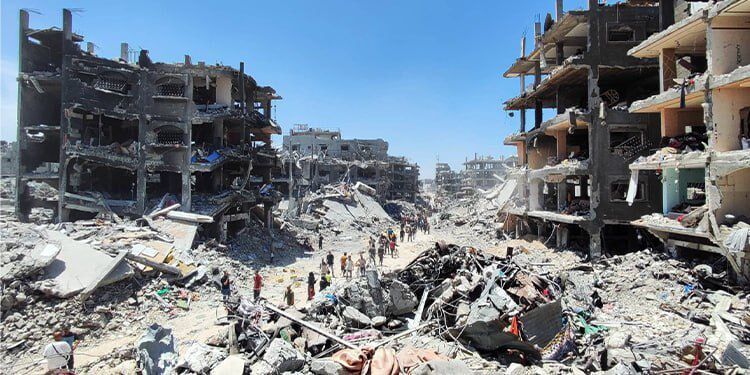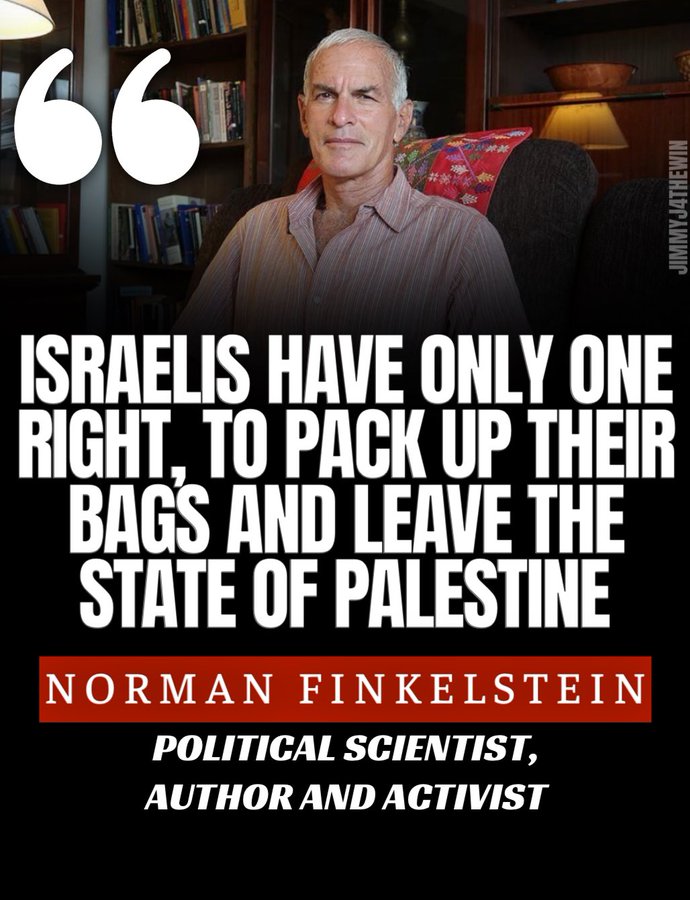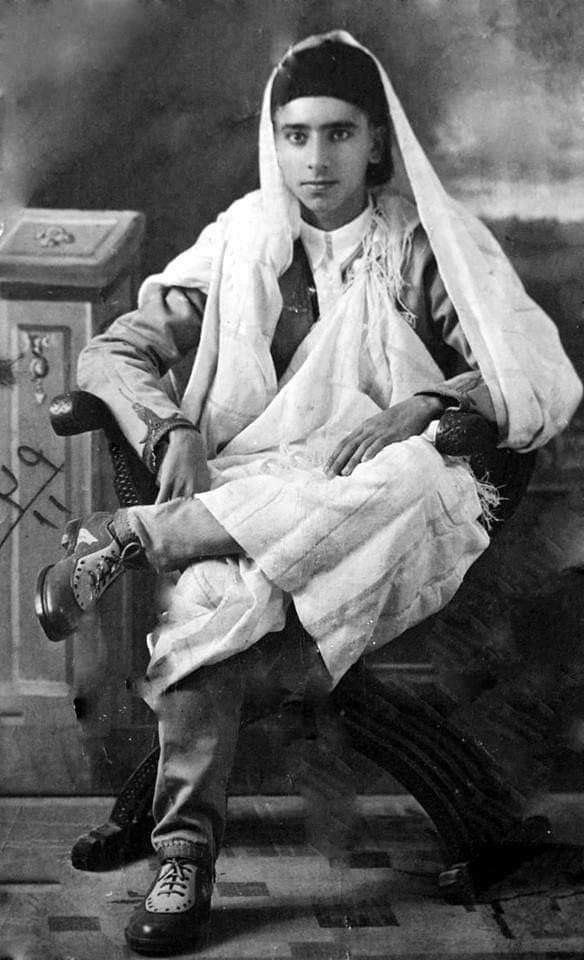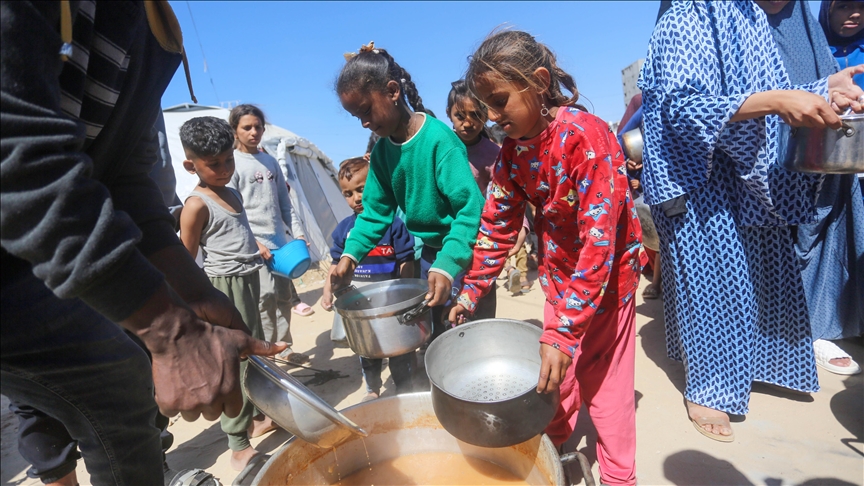Three Israeli reserve soldiers who participated in the genocide war in Gaza have explained in a recent interview why they no longer want to be part of the military operation according to Quds News Network.
The three Israeli reservists told the Observer they would not return if called for military service in Gaza. All three previously undertook compulsory military service in the Israeli army and participated in the genocide war in Gaza.
For Israeli military paramedic Yuval Green, it was the command to burn down a house that made him decide to end his reserve duty after spending 50 days in the southern Gaza city of Khan Yunis earlier this year.
He had begun to have doubts about the paratrooper unit’s purpose three months earlier when he heard about Israel’s refusal to agree to Hamas’s demands to end the war, along with freeing prisoners.
Early this year, he said: “We were given an order. We were inside a house and our commander ordered us to burn it down.”
When he raised the issue with the head of his company, he added: “The answers he gave me were not good enough. I said: ‘If we’re doing all of this for no reason, I’m not going to participate.’ I left the next day.”
“I saw soldiers graffiting houses or stealing all the time. They would go into a house for a military reason, looking for weapons, but it was more fun to look for souvenirs – they had a thing for necklaces with Arabic writing that they collected.”
All three cite different motivations for their decision not to serve in Gaza again, from how the Israeli military is conducting the war to the government’s reluctance to agree to a prisoner deal, which offers an end to the war.
“Any reasonable person can see that the military presence is not helping to bring the hostages back,” said civics teacher Tal Vardi, who trained reserve tank operators.
“So if we’re not bringing back the hostages, all this is doing is causing more death on our side or the Palestinian side … I can’t justify this military operation anymore. I’m unwilling to be part of a military that’s doing this,” he said.
“If anything, some of these operations have endangered the hostages, and the army has also killed some by mistake,” he said, pointing to an incident last December, when Israeli forces shot dead three prisoners in Gaza who approached them waving white flags, in what the Israeli army said was a case of mistaken identity.
“It was bound to happen,” said reservist Michael Ofer Ziv, who said the incident provoked in him a powerful sense that once he finished his military service on the Gaza border, he would not return. The incident for him symbolized an overall lack of care and he was concerned about a system where mistakes such as this could occur.
Ziv returned to the Israeli army days after 7 October to serve as an operations officer, requiring him to spend long hours staring at screens showing a live drone feed of footage from a small section of the enclave.
This meant days at a time observing daily Palestinian life, watching as stray dogs or cars crossed bombed-out streets.
“Suddenly, you see a building go up, or a car you’ve been following for an hour suddenly disappear into a cloud of smoke. It feels unreal,” he said. “Some were happy to see this, as it meant seeing us destroy Gaza.”
When ground troops from his unit entered the enclave, his role was to track their movements and activities for support, as well as request targets for airstrikes.
“We almost always got approval to shoot,” he said. The approval process with the air forces, he added, “was mainly bureaucracy”.
He was also dismayed at what he described as a lack of clarity for soldiers regarding the rules of engagement, which he said were far more explicit during his compulsory military service, and felt the rules during this war were far looser than anything he previously experienced.
“After they shot the three hostages last December, I tried to remember if I ever saw a document like this – I was supposed to,” he said. “I was sure there was a briefing to the soldiers, but without having any documents to lean on, it’s unclear what people understood.”
Ziv recalled crying in the bathroom after his unit lost track of an injured Palestinian child at a checkpoint. Such things, he said, made him question his own role in the war and the overall purpose of the war.
The decision to invade Rafah rather than seal a prisoner deal, he said, confirmed for him that he would not return to the military. When recently called upon to do so, he said, he told his commanding officer he could not come back.
“I came after 7 October as I felt like maybe they would rise to the occasion and use us in a way that could be of benefit. But I’m not willing to participate in this, as I don’t trust the government and what they’re trying to do.”
He added: “If something happens in the north, there’s a chance I’d go, but on the other hand, I know what it might be like. I know what we did in Gaza – there’s no reason to believe we’d act any differently in Lebanon.”
Quds News Network

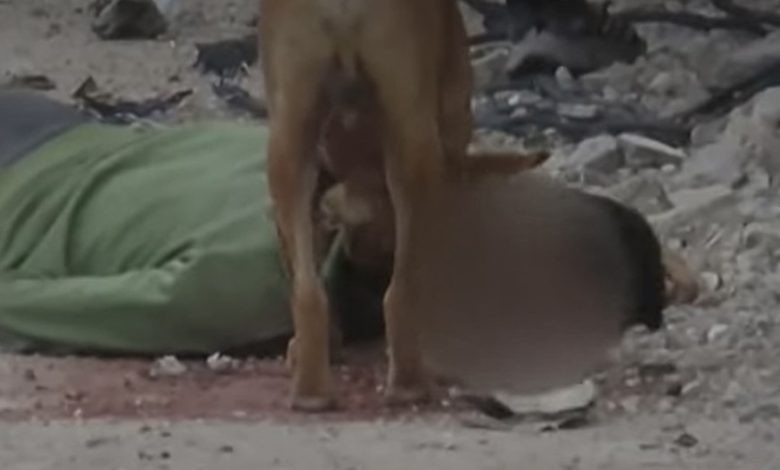


 Special scenes of stray dogs mauling the bodies of martyrs in the northern Gaza Strip
Special scenes of stray dogs mauling the bodies of martyrs in the northern Gaza Strip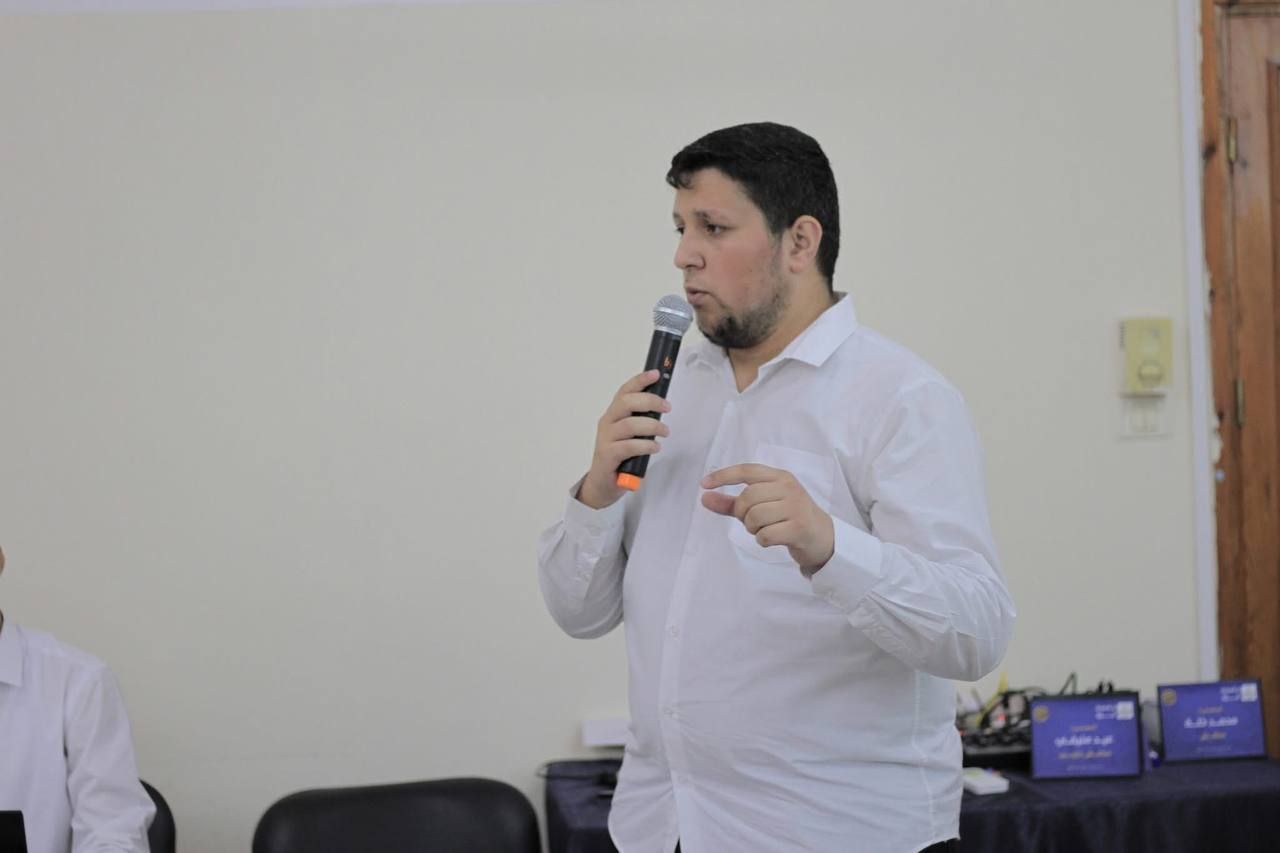
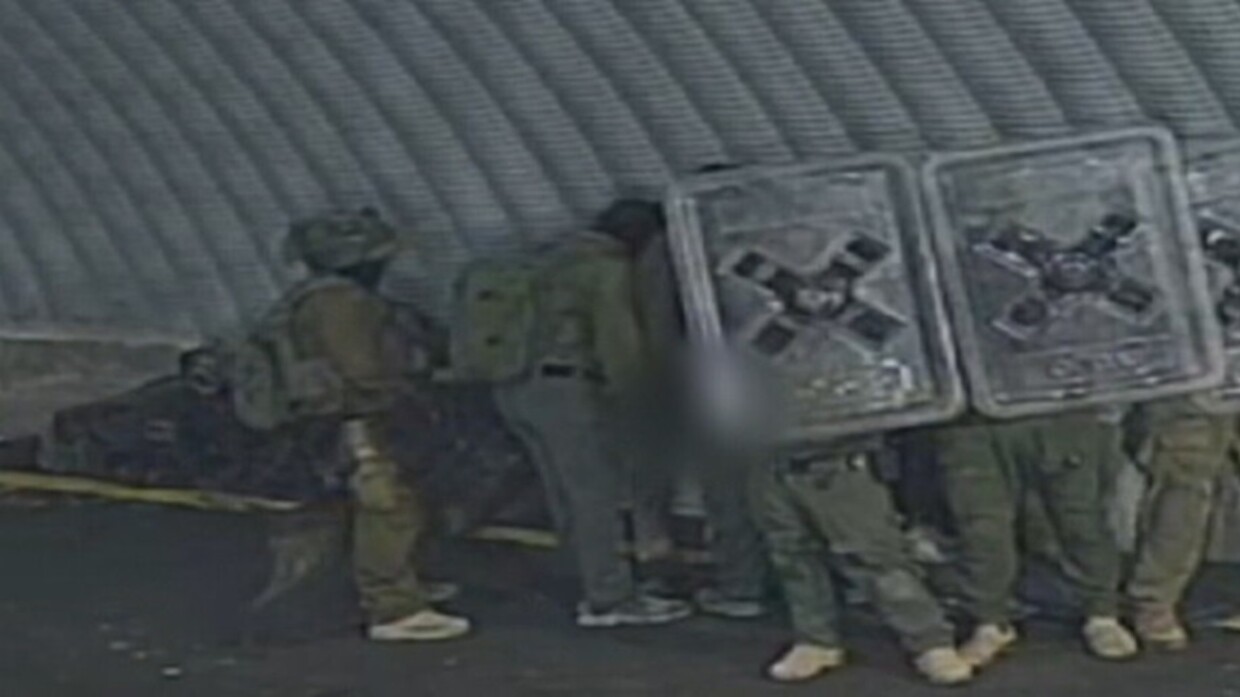
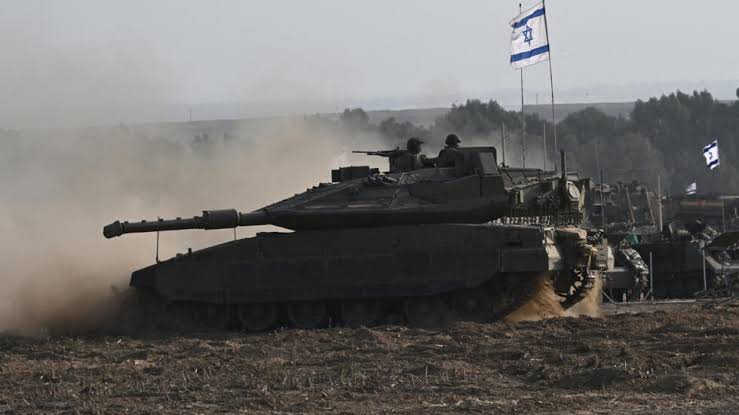



 (@natty4bumpo)
(@natty4bumpo) 
 mari
mari 